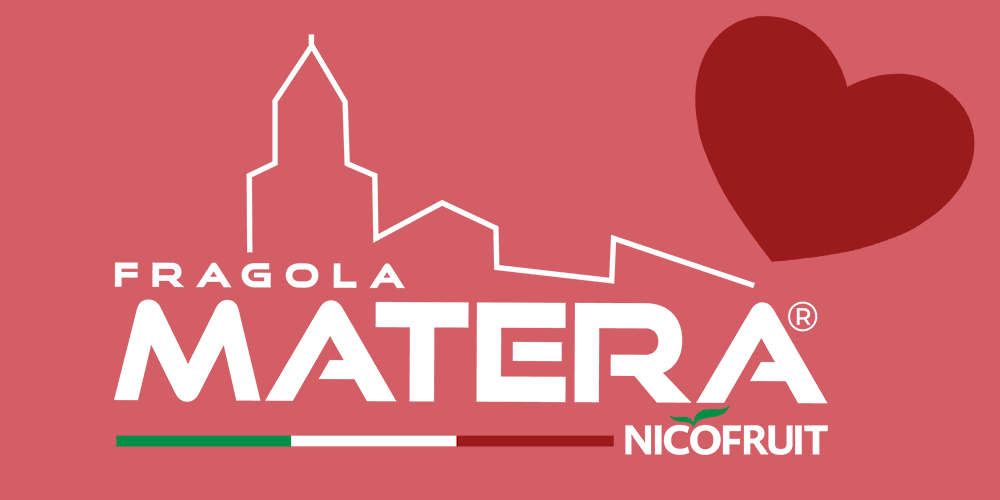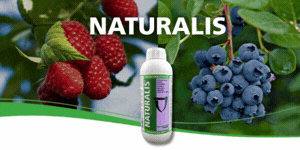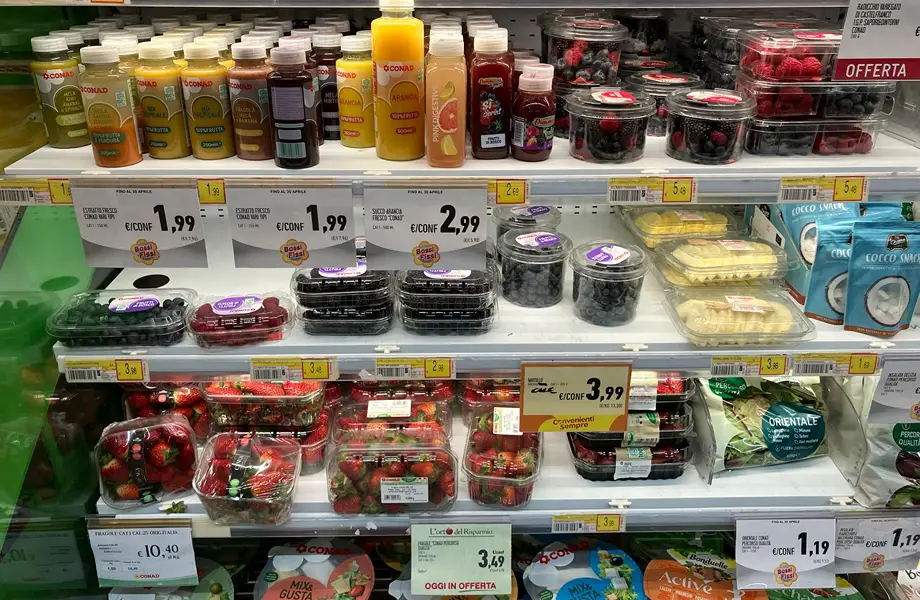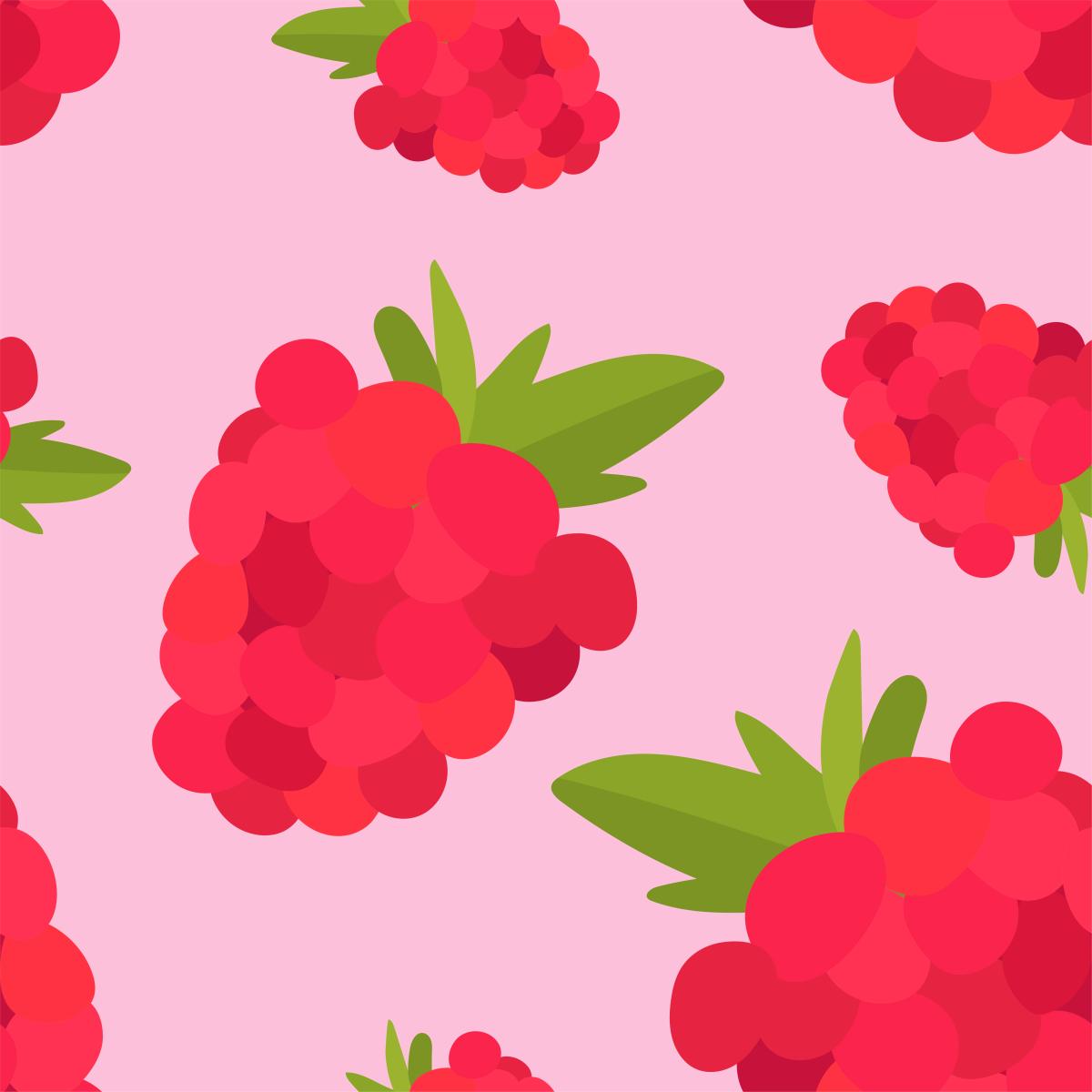The Covid-19 vaccine is currently in the headlines: does this term have any relation to Vaccinium, a recurring term when we talk about certain berries?
The Treccani encyclopaedia gives the following definition:
vaccinium s. m. [lat. scient. Vaccinium, from lat. class. vaccinium, name of an unidentified plant]. - Genus of ericaceous plants with numerous species distributed in the northern hemisphere and on the mountains of tropical areas; the few species present in Italy, [are] known by the name of blueberry [...]
In particular, in our daily experience in Italy, we can mainly come across three types of Vaccinium:
Vaccinium mirtyllus, commonly known as blueberry wild, which grows wild in forests (mainly spruce), heaths, bushes and subalpine pastures in northern and central Italy.
Vaccinium corymbosum , or blueberry giant American, which is produced all over the world and consumed daily by millions of consumers: it is the blueberry commonly found in supermarkets.

Vaccinium vitis-idea, the wild red blueberry , mainly used to make a jam with a characteristic sour taste. Not to be confused with the more famous American cranberry.

What do these plants have to do with the vaccine? Treccani gives this definition of vaccine:
vaccine - a preparation intended to induce the production of protective antibodies by the body, conferring specific resistance to a given infectious disease (viral, bacterial, protozoal).
From an etymological point of view, some sources report a common origin between the two terms 'vaccine' and 'Vaccinium', which is traced back to the cow.
In fact, the term 'vaccine' is derived from the Latin word 'cow'. It was coined by the British physician Edward Jenner, who first used it in 1796 to refer to material obtained from cattle sick with cowpox, which in humans causes only a mild infection and provides immunity to human smallpox.

The term Vaccinium, as opposed to blueberry, is attributed by some authors to the fact that it is a plant particularly sought after by grazing cows.
If blueberry is appreciated by cows, it is even considered a superfood for humans due to its extraordinary health and nutritional properties, mainly related to the presence of anthocyanins (flavonoids) and vitamin C.
So while the vaccine comes from a cow's disease and cures man, Vaccinium is a welcome food for mountain cows and a particularly useful food in human nutrition. This common thread linking, in the name of health, the possibility of not contracting serious diseases to a family of delicious fruits cannot go unnoticed today.
This link tells us about man, his connection with nature and the possibility of finding well-being and health in the elements and mechanisms that govern life on Earth. And it reminds us that health is built day by day, with a healthy diet and a correct lifestyle.
And blueberries, together with the other berries, are an important part of this scheme: they constitute its pleasant, gourmet, playful, tasty side , attractive to the eye and the palate.
So tomorrow, as we walk through the aisles of the supermarket, we can take care of our bodies and our health right from the shopping list.
And 2021, declared the International Year of Fruit and Vegetables, can be a good starting point to "promote healthy, varied and balanced diets and lifestyles": after all, 80g of blueberry a day is enough to have a significant impact on our well-being.











